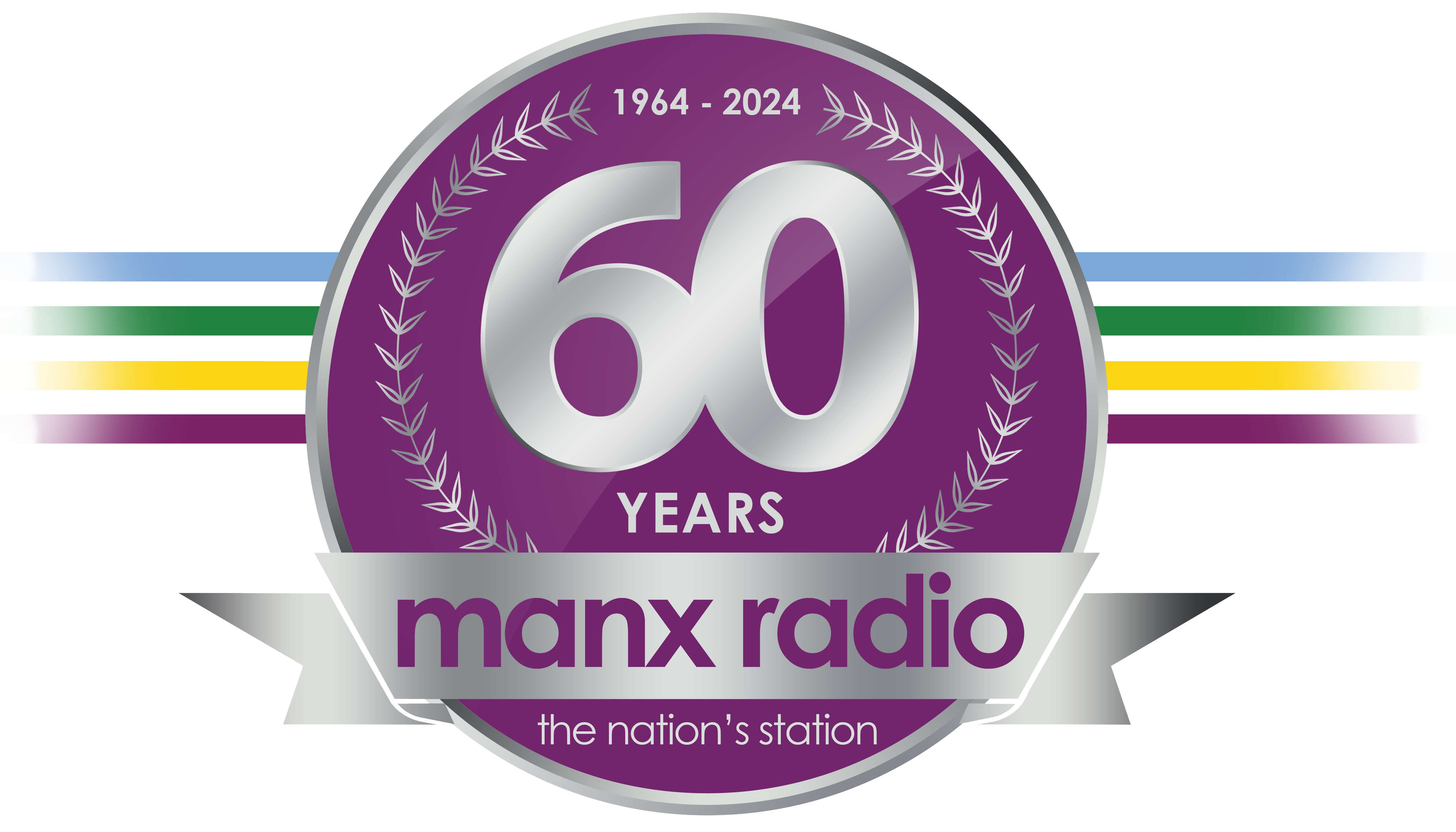
BMA and Manx Care react to results of 'Culture of Care Barometer' questionnaire
A survey of doctors working at Noble's Hospital shows a culture of poor senior leadership, doctors not being treated with respect and not being given enough resources.
That's according to the British Medical Association following a second 'Culture of Care Barometer' survey of the Island's medics.
More than 160 doctors were invited to take part in the study, compiled by the NHS and Kings' College London, with 72 responding to the questionnaire.
The 30 questions included a section on empowerment, where 74% of respondents revealed they disagreed or strongly disagreed that Manx Care listens to its staff, compared to 8% who agreed or strongly agreed with the statement.
Just over half said they disagreed or strongly disagreed that their concerns are taken seriously by their line manager, with 29% stating they agree or strongly agree.
On the subject of leadership, 79% disagree or strongly disagree that there is strong leadership at the highest level of the organisation, with 11% agreeing or strongly agreeing, while 60% disagree or strongly disagree that unacceptable behaviour is tackled.
Almost half said they disagree or strongly disagree that they are proud to work for Manx Care, with 19% agreeing and 3% strongly agreeing
65% felt they disagreed or strongly disagreed that their service is valued, with the same percentage stating they would not recommend Manx Care as a good place to work.
More than three quarters of respondents disagreed or strongly disagreed that the organisation has a positive culture, with 11% agreeing and 1% strongly agreeing.
The response was more positive on the subject of roles, with 46% agreeing or strongly agreeing that they receive enough training or development, compared to 31% who disagreed or strongly disagreed.
Those who responded to the survey were also complimentary of their teammates, with 58% agreeing or strongly agreeing that when things get difficult they can rely on their colleagues, and 54% stating they feel able to ask for help.
70% agreed or strongly agreed that the people they work with are friendly, with just 12% disagreeing or strongly disagreeing.
However, 56% disagreed or strongly disagreed that they had enough resources to do a good job, while 40% felt they did not have sufficient time to do their job well.
The BMA says these results show a 'persistent culture of poor senior leadership' and of poor behaviours not being consistently tackled.
Chair of Council for the BMA, Professor Philip Banfield said: "On my recent visit to the Isle of Man and afterwards, doctors told me of the anger, dismay, and distress they felt about not just Dr Ranson and her treatment, but about the culture of the health system more widely. This latest barometer shows little improvement and far from the figurative needle rising, it continues to be in a deep trough of poor morale and poor communication. This is not an environment any doctor should have to work in and I’m really glad that we are now able to discuss and plan improvement and change in an open and transparent manner.
"Culture and civility in work are directly linked to patient safety. Standing with doctors in the workplace to help them organise and make collective positive change is something the BMA has prioritised – we are here to help, but first there must be a true recognition and acceptance that there really is a problem here that needs fixing, and it needs the medical workforce to be better engaged in providing the care that is so important to the patients of the island."
Chair of the Isle of Man Medical Society, Dr Prakash Thiagarajan added: "The results of our Culture of Care Barometer again raise issues with the culture of Manx Care and the problems doctors face when caring for our patients. We hope that this survey, along with the recent spotlight shone on health services following the appalling treatment of Dr Rosalind Ranson, is a watershed moment that will deliver positive change.
"It is now more important than ever to build a culture based on trust and transparency. This requires us all to be honest about the challenges ahead. Manx Care must now engage in an open manner with doctors and other staff to create an open culture where we are empowered to raise concerns if we have them. Only by doing this can Manx Care improve our working lives, as well as the care provided to patients."
In response, Manx Care has issued a statement, which says:
"Manx Care is a learning organisation; since our establishment, we have put cultural change as one of our three priorities.
"The board and all of our leadership team know and recognise the significant importance of listening, being willing to change and demonstrating our core values. We welcome this independent Culture of Care Barometer survey and we have a commitment to repeat the survey on an annual basis following the survey being conducted for the first time in March 2022.
"This year’s survey was sent to around 160 Doctors working for the organisation who are members of the BMA, and completed by 72 respondents; it provides a very helpful snapshot of the opinions of those employees; Manx Care employs almost 3,000 people.
"The results of the survey were shared with us on Friday afternoon (16 June 2023), and we now look forward to a collaborative and constructive dialogue with our medical colleagues, and the BMA.
"Whilst the survey results highlight there is a lot of work to do to develop the culture of the organisation, we are encouraged by a number of the results and comments which highlight that progress is slowly being made, including:
- Many colleagues feel they have sufficient time to do their job, know what is expected of them and get the training and development they need to succeed
- The survey acknowledges that colleagues feel their Line Managers treat them with respect, they feel respected by their co-workers, and they are surrounded by positive role models
- Colleagues feel they can have influence within their teams
- Management is seen to be fair throughout the organisation
- Manx Care understands colleagues’ roles and supports them in doing these
- Primary Care is seen as a good place to work, with a positive culture
- Communication is strong, with recognition that Managers work hard to communicate with their teams
"The survey results indicate that colleague do not always feel they have the resources they need. This is something we are acutely aware of and have been working in partnership with the Isle of Man Government to address.
"Manx Care has taken significant steps over the last year to address its long-standing and hard-to-recruit vacancies, and many posts are now filled substantively. Our international Nurse recruitment has also been successful, with many long-standing nursing vacancies also filled.
"Along with the entire health and social care system internationally, staffing shortages remain, and we are relentless in our focus and commitment to addressing this.
"We recognise that the development of a healthy culture will always be a work in progress, and that we still have a way to go in order to establish and fully embed the culture we wish to see within all areas of our organisation. Equally, we recognise that there are areas within the organisation or certain staff groups where cultural challenges are stronger than others.
"Changing the culture of our organisation will not happen overnight. There are a number of things which tell us that we’re moving in the right direction, including feedback from the Care Quality Commission (CQC) inspections held during the last year, and from the Partnership Working Forum that we have established with our Staff Side representatives which meets monthly.
"Some other important areas we are focusing on include the development of a People and Culture strategy, listening to staff stories at the bi-monthly People Committee and at monthly Board Meetings. Hearing the voices of our colleagues is important to our organisation.
"This report provides another opportunity for us to listen and improve and we welcome it."
Manx Care's Chief Executive Teresa Cope discusses the issue further in the latest episode of the Manx Radio Newscast.
A similar survey was conducted last year, and also highlighted cultural concerns.
Health and Social Care Minister Lawrie Hooper said: "I am unable to provide a comment on the BMA Survey results at this time as the report was not shared with the Department of Health and Social Care ahead of publication.
"Once the department has had time to properly review the document we will respond appropriately.
"I can confirm we have met with the BMA today to discuss the situation on Island.
"We had a positive discussion focused on how we work together to move forward."


 Liverpool ferry terminal won't be open in time for TT
Liverpool ferry terminal won't be open in time for TT
 Road closures in place as Manx Rally gets underway
Road closures in place as Manx Rally gets underway
 Fine for Glen Vine man after paramedic assault
Fine for Glen Vine man after paramedic assault
 Early Mad Sunday Liverpool sailings moved to Heysham
Early Mad Sunday Liverpool sailings moved to Heysham
 Changes to TT parking provision
Changes to TT parking provision
 Surge in people on gas payment plans sparks fears of possible hike in tariffs
Surge in people on gas payment plans sparks fears of possible hike in tariffs
